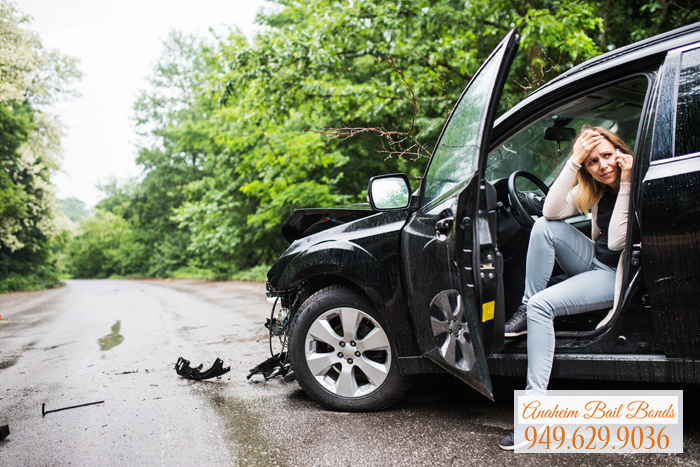Safe Hiking Tips for California’s Trails
California has some of the most beautiful hiking trails in the world. The summertime provides you with the perfect excuse to hit those trails and enjoy some high-quality hikes. Before you do, make sure you take a few minutes to consider your safety. Be Realistic About...
30 June, 2021
/ 0 Comments





